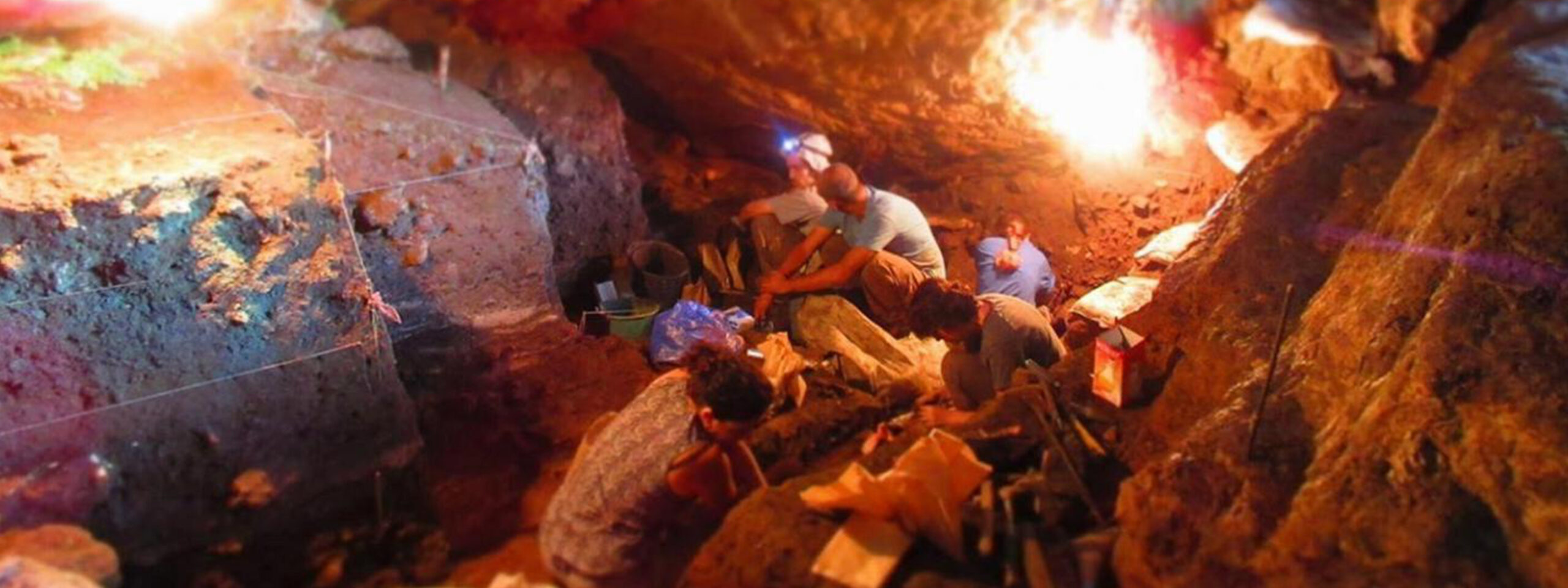Throughout the annals of human thought, the notion that humans are intricately intertwined with Earth—the very soil that sustains us—has reverberated across cultures and epochs. This idea is rooted in ancient beliefs, where the genesis of humanity was inextricably linked with the terrestrial materials around us. The metaphorical notion that “humans are made of dirt” embodies a profound connection between nature and humanity, a relationship that persists into modern scientific discourse. By examining this concept through the lens of cultural relativism, we uncover the dual tapestry of myth and empirical evidence that binds us to our origins.
1. The Genesis of Soil: Mythological and Religious Narratives
In diverse mythologies across the globe, the creation of humankind often involves various forms of earth. For example, in Judeo-Christian traditions, the Bible recounts how God fashioned Adam from the “dust of the ground” (Genesis 2:7). This narrative evokes the idea of humans as embodiments of their environment. Analogously, many Indigenous cultures depict creation stories that celebrate the symbiotic relationship between humans and the Earth. The Lakota, for example, refer to humans as “two-leggeds,” assembled from the sacred elements of the natural world.
Such narratives serve not merely as metaphysical reflections but as ethical frameworks, underscoring humanity’s stewardship responsibility towards the land. The symbolism of creation from dirt evokes humility—a recognition that events deemed extraordinary are rooted in the commonplace. This powerful imagery encapsulates the belief that we, like the soil, are transient yet vital components of a greater ecological mosaic.
2. The Scientific Inquiry: Genetic Legacy in Soil
Fast forward to contemporary science, where the metaphorical underpinnings of ancient beliefs find resonance in genetic research. Recent advancements in genomics have revealed that the relationship between humans and soil is more profound than previously imagined. Research involving ancient DNA extraction from stratified layers of cave sediment has facilitated the sequencing of genomes from early humans, illuminating our ancestral connections to the Earth.
The extraction of DNA from soil, particularly through technological advancements such as metagenomics, has unveiled a treasure trove of genetic information—both human and microbial. These findings suggest that our biological heritage is not isolated to the human lineage alone but is intermingled with the myriad life forms that occupy our planetary habitat. Thus, the assertion that humans originate from “dirt” is, in a sense, validated by empirical evidence.
3. Cultural Relativism: Bridging Myth and Method
The intersection of ancient narratives and modern science exemplifies the principles of cultural relativism—an intellectual framework that encourages understanding cultural beliefs within their historical contexts. From a relativist standpoint, the belief that humans are made of dirt is not a mere superstition; it embodies a holistic worldview that perceives humanity as part of a complex ecosystem.
In many Indigenous cultures, where the spiritual and the scientific are often indistinguishable, the belief that humans are derived from the Earth fosters sustainable practices and reverence for nature. Moreover, these perspectives challenge the anthropocentric view prevalent in contemporary scientific paradigms that often marginalize traditional knowledge systems. Thus, the acknowledgment of our shared ancestry with the planet encourages a more integrative approach to environmental conservation.
4. The Philosophical Implications: Identity and Existence
Considering the proposition that humans are, metaphorically and biologically, made of dirt invites profound philosophical reflections on identity and existence. The enmeshment of humanity with the terrestrial fabric poses existential questions: What does it mean to be human? Is our essence intrinsically linked to the land? Such inquiries compel a reconsideration of human exceptionalism, prompting a more ecocentric ethos.
Furthermore, the notion of being “made from dirt” serves as a nexus for exploring connectivity among all beings. It suggests a shared vulnerability; just as soil nourishes life, so too do individuals thrive through their relationships with one another and their environments. This interdependence—the weave of life—underscores the importance of ecological awareness and nurturing the Earth, as our fate is inexorably tied to its well-being.
5. The Modern Narrative: Fostering a New Paradigm
As we grapple with pressing global issues such as climate change, environmental degradation, and ethical dilemmas surrounding biogenetics, the ancient belief in humanity’s connection to dirt can inform modern narratives. Recognizing our origins in the soil can inspire a cultural shift towards sustainability, solidarity, and ecological stewardship.
Moreover, intermingling the wisdom of antiquity with modern scientific understanding forms a robust foundation for ecological ethics. This convergence may illuminate paths toward a more holistic relationship with nature, where technological advances are balanced with respect for traditional ecological knowledge. The integration of various narratives, both scientific and cultural, can foster comprehensive solutions that honor our shared heritage as beings composed of—and hence indebted to—the very Earth beneath our feet.
6. Conclusion: Reverberations of a Timeless Belief
The assertion that humans are made of dirt transcends mere metaphor; it encapsulates an intricate confluence of ancient wisdom and modern science. Through cultural relativism, we appreciate the depth of this belief across various contexts, recognizing it as a vital component of human identity and existence. Ultimately, the journey from myth to modern inquiry illuminates an enduring truth: our place in the world is not that of dominators, but of nurturers, inherently bound to the fabric of the Earth. In embracing this connection, we foster not only our own humanity but also a sustainable future for generations to come.
